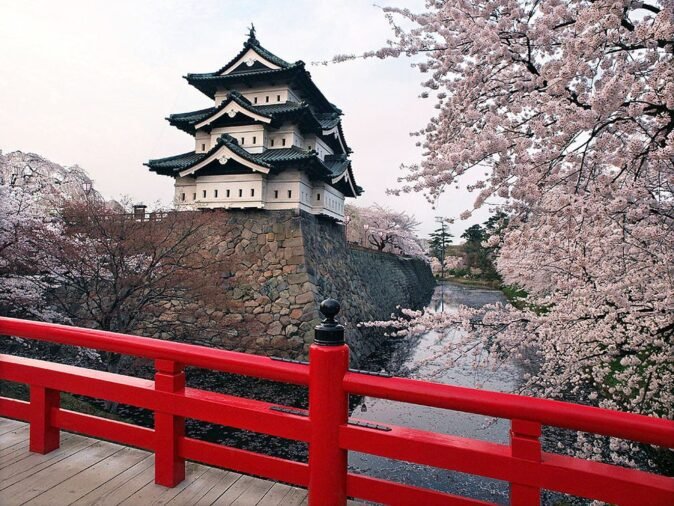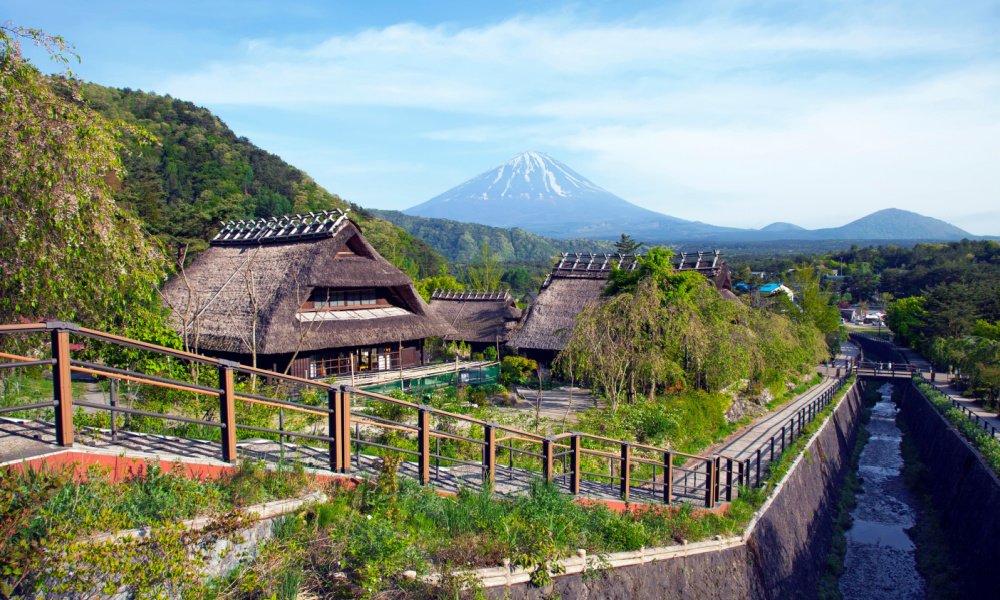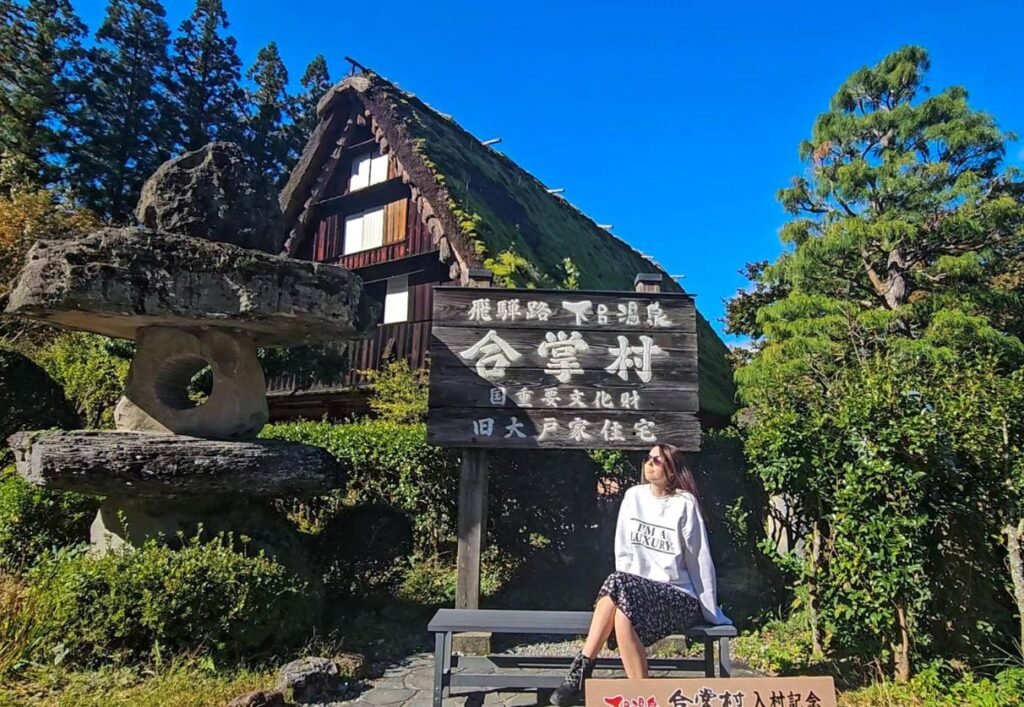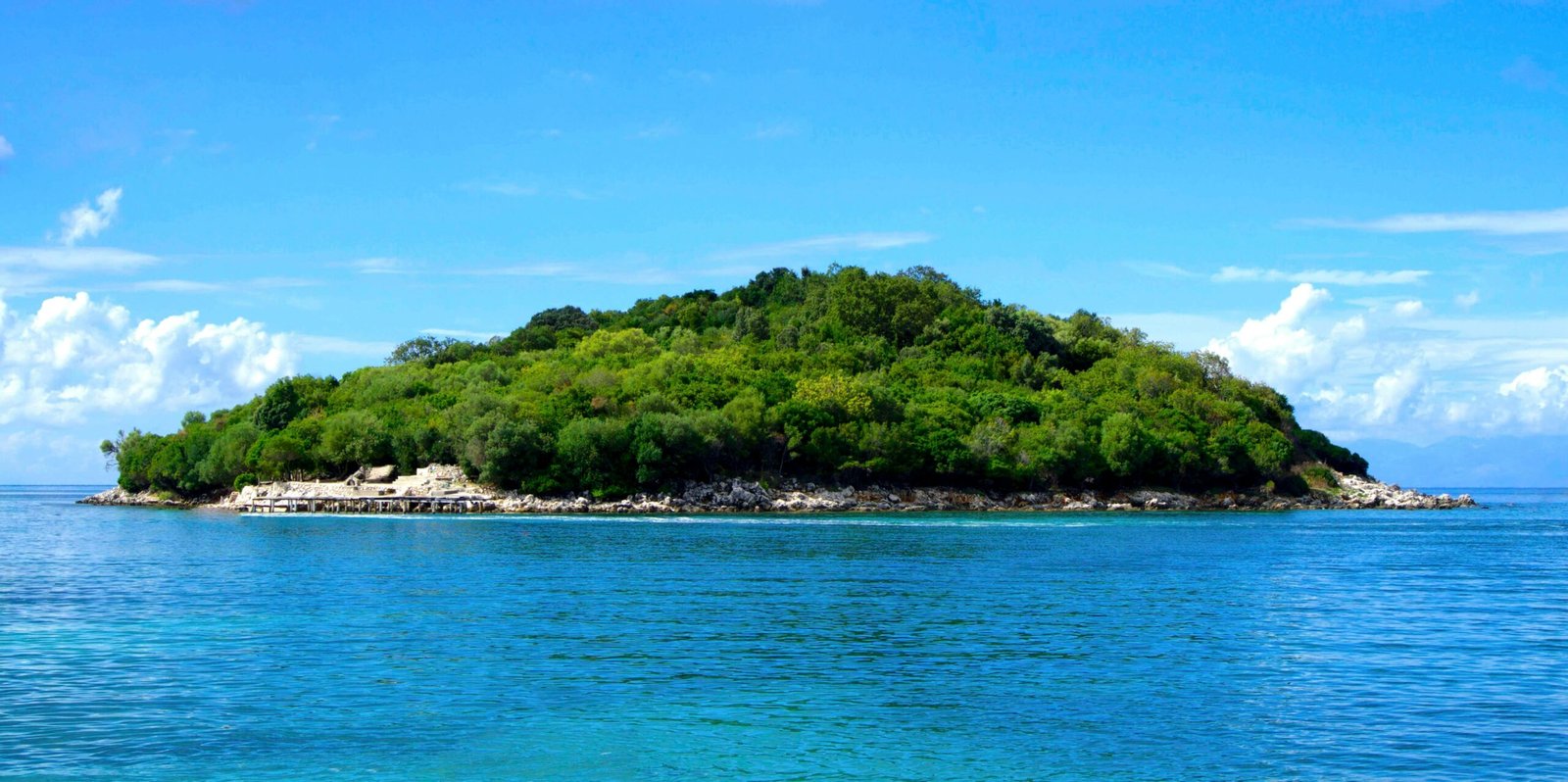About This Article This article is based on an in-depth interview with Dr. Bill Shang, a Specially Appointed Professor, Research and Development Advisor, and Employment Support Strategy Office Advisor at Tama University in Tokyo, Japan, who has extensive expertise in international education, tourism, and cultural policy. Born and raised in Tokyo, Dr. Shang pursued higher education in the United States and China, earning a Ph.D. in Chinese history through art from the University of Tokyo. He has previously served as Dean and Vice President at Tama University and continues to support international tourism development through research, academic exchange, and policy consulting..

Japan’s tourism sector has experienced unprecedented growth in recent years, driven by its rich heritage, advanced infrastructure, and global appeal. Yet linguistic exclusivity remains a significant bottleneck—particularly in regional cities like Okayama. Dr. Bill Shang, an expert in tourism and cultural studies, frames the issue succinctly: “Language access is not optional. It’s fundamental to inclusive and sustainable tourism.”
While metropolitan centers like Tokyo and Osaka have invested in bilingual signage and digital tools, secondary destinations often lack these amenities. “Outside the megacities, international visitors struggle with basic navigation, let alone cultural interpretation,” says Dr. Shang.


This linguistic divide has direct economic implications. Tourists gravitate toward locations that feel navigable and welcoming. Consequently, under-promoted regions miss out on tourism revenue and cultural exposure. “The infrastructure may be present, but if the message isn’t delivered in a language people understand, the opportunity is lost,” Shang observes.
He outlines a two-pronged strategy: expand multilingual digital and print media, and build human capital by training front-line tourism staff in intercultural communication. “You need both hardware and heartware. Translation apps can only go so far—human interaction still defines the tourism experience,” he explains.
Countries like Singapore, Switzerland, and Canada offer blueprints for managing multilingualism effectively within public services. Dr. Shang believes Japan must follow suit. “We can no longer rely on visitors to adapt. Japan must meet them halfway.”
Moreover, he sees emerging technologies such as AI-driven interpretation, interactive kiosks, and personalized travel apps as short-term solutions but underscores the long-term importance of education. “Technology can bridge gaps temporarily, but building language competencies and cultural literacy is a sustainable approach.”
For Japan to remain competitive and equitable in the global tourism market, it must invest in dismantling linguistic barriers. “This is not just a tourism issue—it’s a national strategy,” Shang concludes. “Inclusion through language opens doors to deeper understanding, longer stays, and repeat visits. That’s how we cultivate meaningful tourism.”





